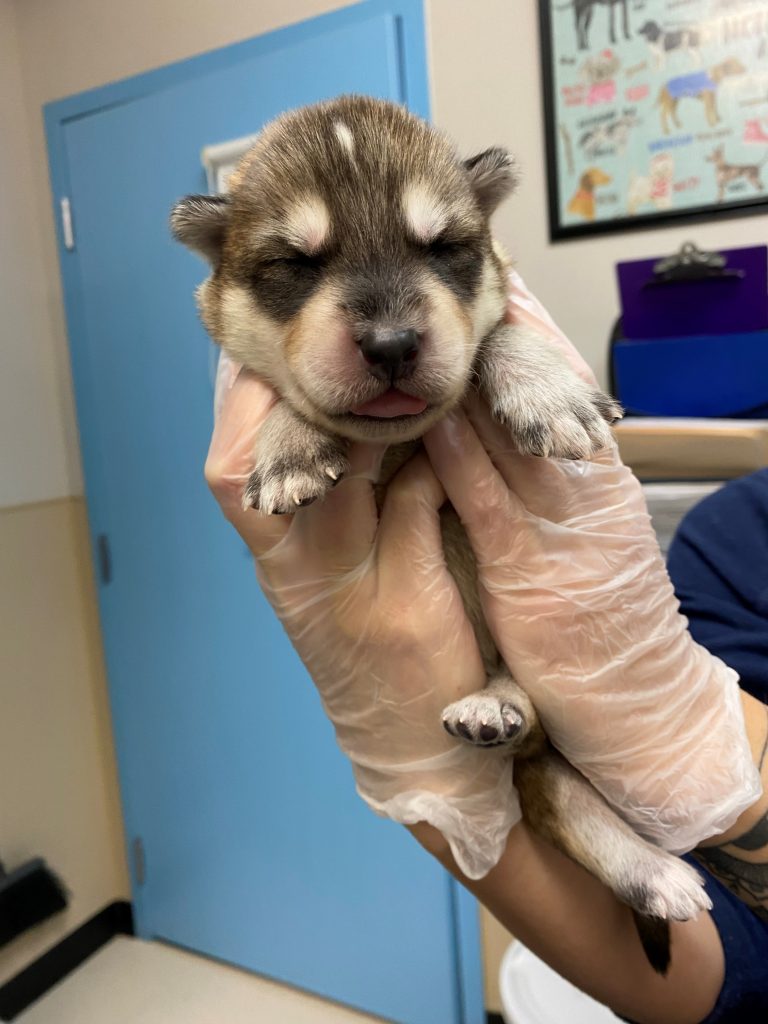
Woods Humane Society is holding a spring baby-season fundraiser to help cover the cost of care for a more than 200 percent increase in homeless puppies.
“We currently have nearly 35 puppies in foster homes, with more on the way,” says Woods Humane Society Interim CEO Emily L’Heureux. “In total, we have taken in 107 puppies this year—more than three-times the number taken in during the same timeframe last year.”
L’Heureux believes this post-pandemic puppy trend could be due to the inaccessibility of spay/neuter programs in some communities during the pandemic, as well as potential increases in puppy-breeding programs during the pandemic.

“A couple of years ago, it was nearly impossible to adopt puppies because the demand was so high. As people return to working in the office and as the costs of animal care are rising in the current economy, the tide is turning and now the number of requests for owner surrenders or shelter transports of nursing mothers and puppies has gone up markedly.”
Woods says its puppy adoptions are still going strong, with the average length of stay for puppies currently at just three days; however, with the unexpected increase in puppies comes an increase in the cost of shelter care. “We have budgeted for up to 3,000 animals, including an average of 130 puppies for the year, at an average cost of $406.98 in veterinary care per animal. If we continue at this rate, though, we are on track to increase our intake of puppies by 229 percent.”

In order to manage the influx and help as many puppies as possible, the nonprofit organization is building up its foster volunteer program, holding a $50 adoption promotion until April 2nd to make room in the shelter, and seeking donations to cover the cost of care for more puppies.
The cost and amount of time needed to provide veterinary care for young pups is higher than it is for the average animal, explains L’Heureux. Puppies require special foster and medical supplies and services in order to examine, vaccinate, treat, and alter them, often over the course of several weeks. As a private nonprofit, receiving no tax funds and relying on the generosity of the community, Woods is hoping for donations to help them take on the higher numbers of puppies and exponentially rising cost of care.
“We are looking to the community for support to ensure that we will not have to turn puppies away due to a lack of funds or resources,” L’Heureux says. Donations to help puppies can be made at www.WoodsHumane.org/Donate or by texting “WOODS” to 24365. More information about animals available for adoption and about the foster program can be found at www.WoodsHumane.org.